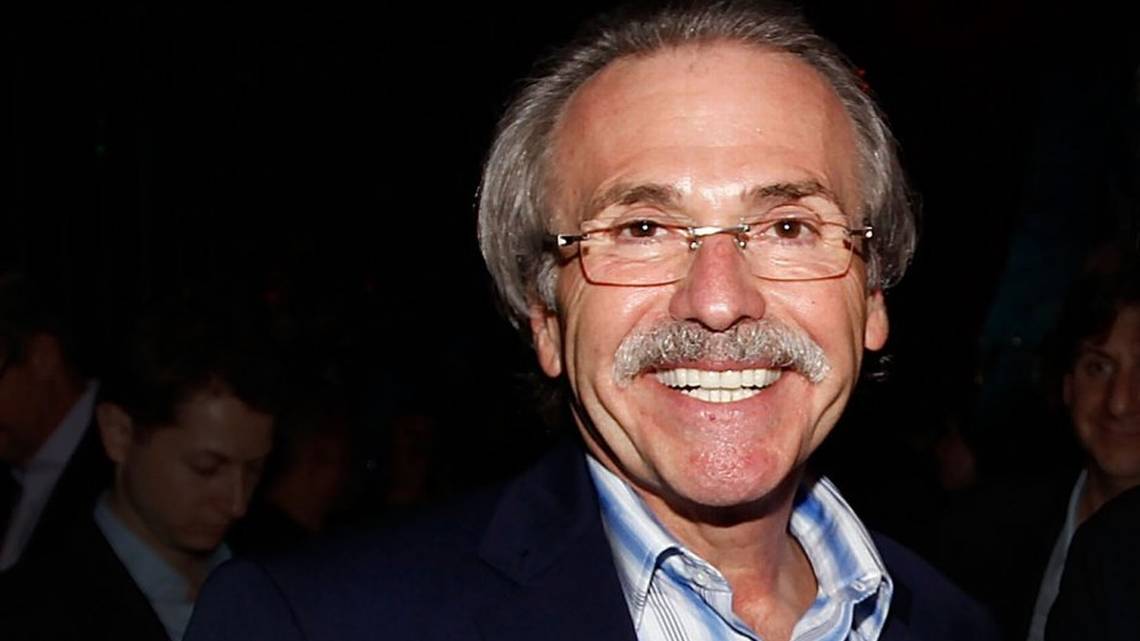In a high-profile trial in Manhattan Supreme Court, prosecutors and defense attorneys for Donald Trump clashed over the interpretation of the former president’s alleged crimes related to hush money payments.
Prosecutor Matthew Colangelo framed the case as a “criminal conspiracy” by Trump to influence the 2016 election, alleging that Trump covered up this conspiracy through repeated lies in his New York business records. However, Trump’s attorney, Todd Blanche, countered, denying the prosecution’s claims and emphasizing Trump’s right to influence elections as a democratic process.
The trial, which began with opening statements, saw prosecutors calling their first witness, David Pecker, the former CEO of National Enquirer publisher American Media. Pecker’s testimony revolved around his alleged involvement in efforts to suppress negative information about Trump before the 2016 election, including payments made to Stormy Daniels and Karen McDougal to keep their stories from becoming public.

Colangelo detailed how Trump, Cohen, and Pecker conspired to influence the election through a practice known as “catch and kill,” wherein negative stories were purchased and never published.
Trump faces 34 counts of falsifying business records to conceal reimbursements to Cohen for the payments to Daniels. Blanche argued that these charges were baseless and not criminal acts. Despite Trump’s repeated statements about testifying in the trial, he did not take the stand on Monday. However, Judge Juan Merchan ruled that if Trump does testify, prosecutors can challenge his credibility by asking about unrelated court decisions.
Outside of the courtroom, Trump took to social media to defend the payments to Cohen and express frustration over being unable to campaign due to the trial. The trial has attracted significant attention, with a jury of 12 members and six alternates seated.
However, many potential jurors disqualified themselves, citing biases or past social media posts critical of Trump. Trump’s legal team made multiple attempts to delay or dismiss the trial, including a last-minute request to pause the case, which was swiftly rejected by the appeals court.

